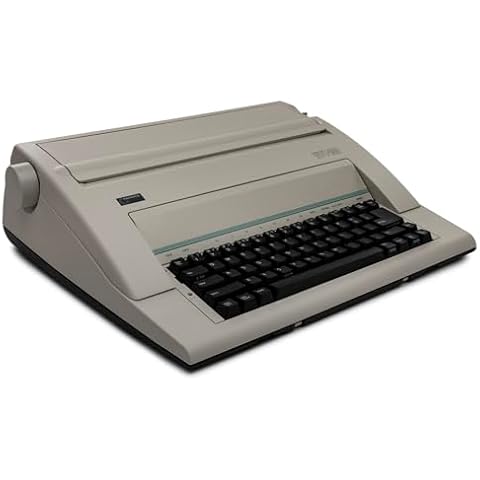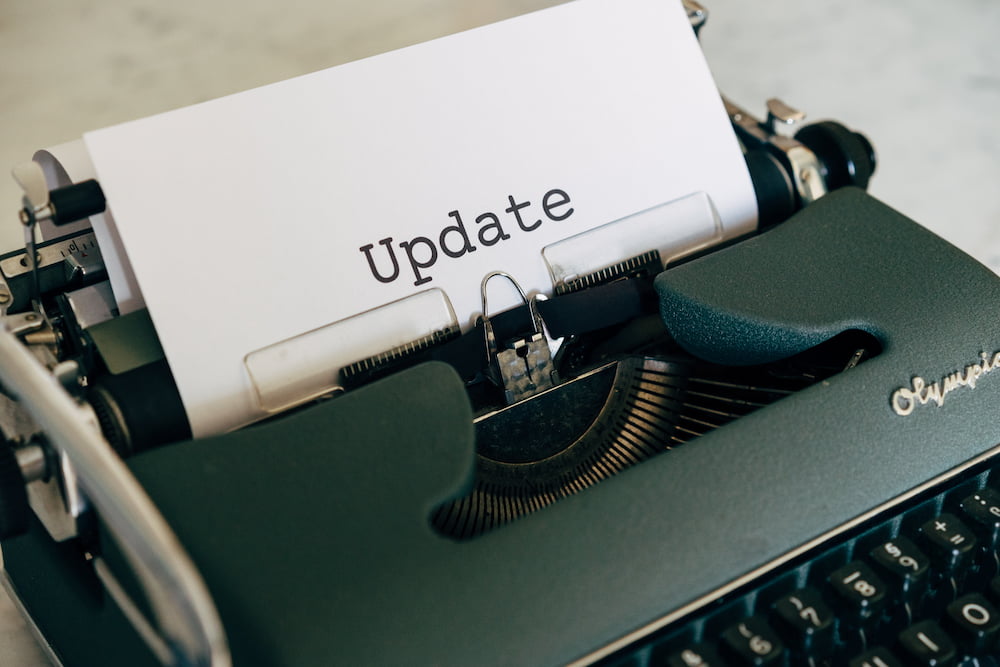Guidelines for Choosing the Right Typewriters
Many years ago, typewriters were the priority tool when it came to the writing and typing of documents. The evolution of technology has seen the gradual phasing out of these powerful tools. However, typewriters remain an essential writing tool for many people. Such people still keep their old typewriters in the corners of their homes.
If you've never had a typewriter, it might be tough for you to pick the best typewriter. You might have some trouble picking a typewriter out of the myriads of typewriters out there. This guide simplifies things for you when it comes to choosing the right typewriter.
Factors to consider when buying a typewriter
Electric or manual typewriter: One important factor to consider when buying a typewriter is the type of typewriter you're looking to buy. Simply put, your typing efficiency and overall output are dependent on this factor.
- Manual typewriters: The mode of operation of manual typewriters involves the typist punching each key with fingers. Each key has a lever and spring beneath it that ensure the type slugs strike an attached ink ribbon against the platen. When the type slug strikes the platen, it leaves letters and numbers on the corresponding key that was pressed. The platens are attached to sets of moving carriages that are held in tension by a spring. The moving carriages ensure that the paper moves after each line of typing is complete. The typist is responsible for adjusting the line spacing and margins.
- Electric typewriters: In contrast to manual typewriters, electric typewriters are way more efficient. These typewriters have electric motors that carry out moving the carriages, keys, and other components.
Typewriter size: As with every other piece of office equipment, typewriters come in various sizes. The most common size categories are the portable typewriters and the standard typewriters.
- Portable typewriters: Just as the name implies, portable typewriters are designed for utmost mobility. Portable typewriters can be compared to laptops due to their size and ease of carriage. These typewriters can be held in cases or bags; they are usually lightweight.
- Standard typewriters: These sets of typewriters are way bigger and heavier than portable ones. They are commonly known as office typewriters since they are often placed on office desks.
Benefits of typewriters
- Typing: Typewriters make it easy to get your words and thoughts on paper seamlessly. A good typewriter allows you to type clean and crisp texts on paper without any strain on your hands.
- Decoration: The visual appeal of a typewriter is second to none, and it often improves the ambiance and aesthetics in any room.
Frequently Asked Questions (FAQs)
Do typewriters need printers?
Typewriters do not require printers as they work via ink ribbon mechanism.
How do I change a typewriter ribbon?
There are various methods for changing a typewriter ribbon, and each typewriter brand has its own steps. You must consult the manual of the typewriter for details on how to change the ribbon.











